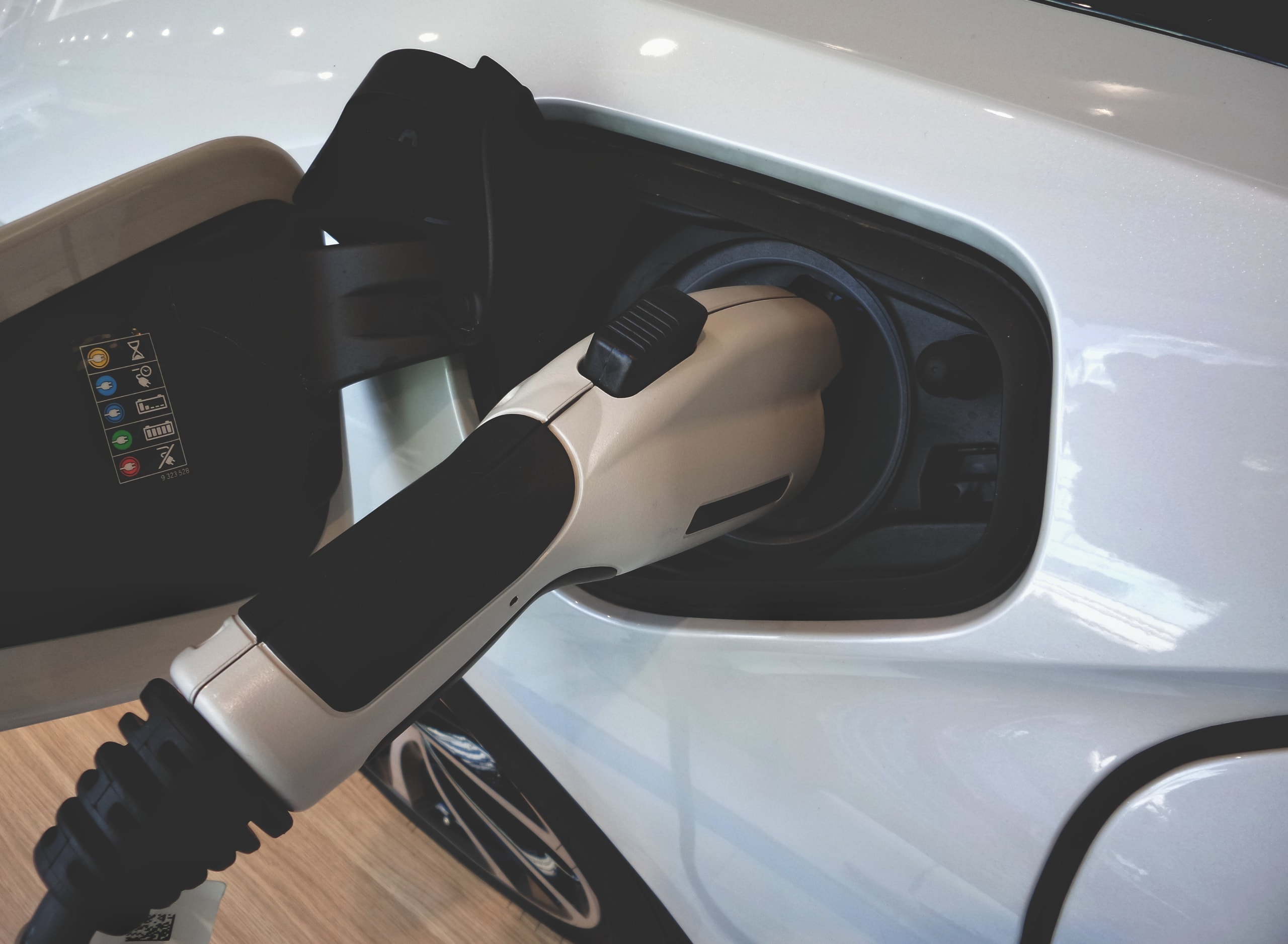Tata Group have announced plans to construct an EV battery factory in the UK, expected to be located in Somerset. With a planned investment of GBP4 billion (over USD5 billion), the site is expected to have an annual production capacity of 40GWh and will supply both JLR and Tata Motors from 2026. Tata has been in negotiations with the UK government for subsidies and incentives around the construction of the plant in the UK, over a rival site in Spain. The government is yet to declare the details of this, but Tata is expected to receive hundreds of millions in subsidies. The original ask made by Tata to the UK government was for GBP500 million, which would include subsidies for the factory’s energy usage and improvements to the roads leading to the proposed site.
This is the second gigafactory announcement made by the Indian conglomerate in as many months. In June Tata Group announced it was building of a gigafactory in Gujarat, India. The site, which is expected to have an annual production of 20GWh, would be the countries first lithium-ion battery production facility. The investment here is announced to be around USD1.6 billion.
It is expected these factories will be operated by the newly-formed subsidy of Tata Group, Agratas. Agratas will be responsible for Tata Groups battery cell manufacturing and R&D operations. The factories are expected to produce cells in a unified cell format. This stacked prismatic cell format was developed for Tata to be adaptable for all its supply needs. It claims this technology will allow them to tailor the chemistry inside to suit both JLR and Tata Motors EVs as well as allowing expansion into other segments, like ESS. It is expected that initially the company will focus on NCM and LFP chemistries but its R&D strategy indicates plans to also move into advanced technologies like silicon and solid-state in the medium and long-term, respectively.
This announcement brings some long-awaited good news for the UKs battery industry, after the collapse of Britishvolt earlier this year. With the current UK landscape consisting solely of capacity from Envision AESC’s site in Sunderland which is due to come online in 2025. The site will supply Nissan and is expected to have an initial capacity of 12GWh but with ultimate goals to scale to 38GWh. The key difference between this and failed Britishvolt is that the initial customers are ensured in Tata Motors and JLR. However, these are still ambitious production targets for a company with no prior experience in battery cell manufacturing.
If you would like more market insights on battery technology, get in touch or view our EV & battery research products.
Image Source: Unsplash

 Back to News
Back to News